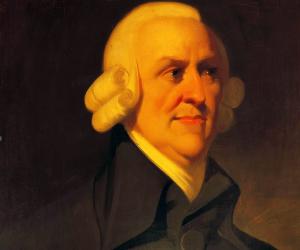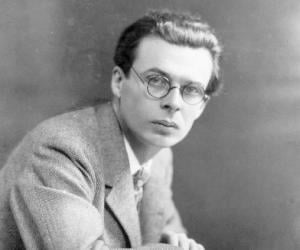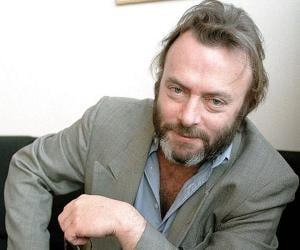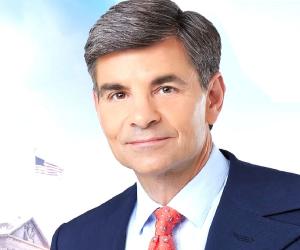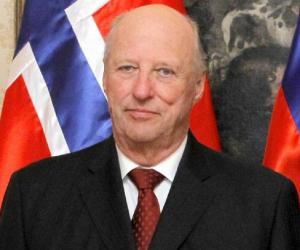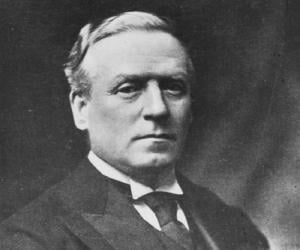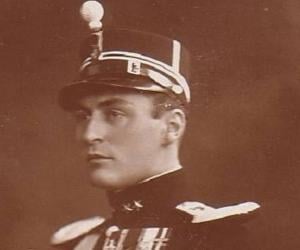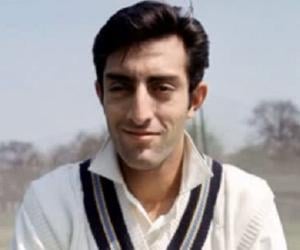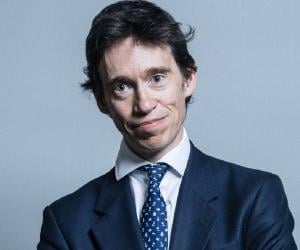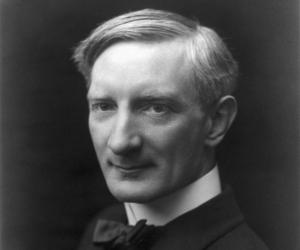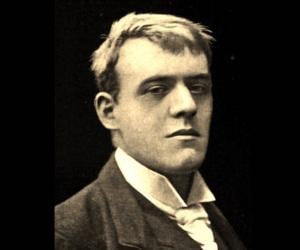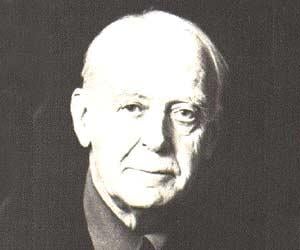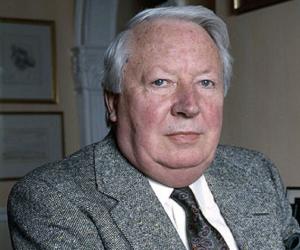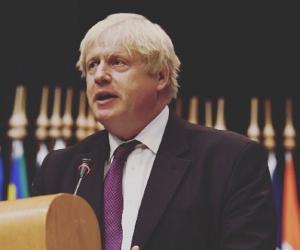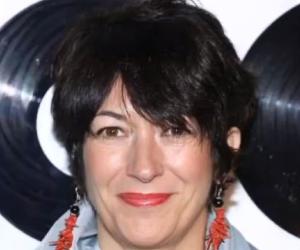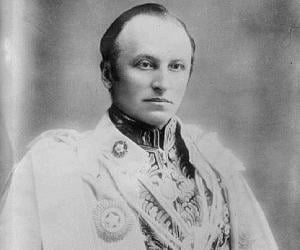Widely considered The Father of Economics, Adam Smith was a Scottish philosopher and economist. A pioneer of political economy, Adam Smith played a major role during the Scottish Enlightenment. His book The Wealth of Nations is regarded as the first modern work of economics and a forerunner of today's academic discipline of economics.
English writer and philosopher Aldous Huxley wrote countless books, including novels, short stories, non-fiction, and poems. He is best remembered for his science-fiction novels Brave New World and Island. The seven-time Nobel Prize nominee was also a Companion of Literature of the Royal Society of Literature and a Vedanta believer.
Christopher Hitchens was an advocate for New Atheism and a harsh critic of religion and of famous personalities such as Bill Clinton and Mother Teresa. He authored and edited many books on socio-political issues. As a journalist, he wrote for well-known publications such as New Statesman and The Weekly Standard.
George Stephanopoulos is an American political commentator and TV host. Currently serving as the chief anchor for ABC News, Stephanopoulos plays an important role in deciding the format of shows like Good Morning America. A well-known figure in popular culture, Stephanopoulos inspired the character of Henry Burton in the novel Primary Colors, which was later adapted into a film.
Harald V of Norway ascended the throne after the demise of his father, King Olav V. A sports enthusiast, he represented Norway in sailing at three Olympic Games. He also became a patron of World Sailing. The King is an admiral, the Supreme Commander of the Norwegian Armed Forces and a four-star general.
H. H. Asquith was an English politician and statesman best remembered for serving as the prime minister of the UK from 1908 to 1916. He was the last PM to command a majority government from the Liberal Party. Great Britain entered the First World War under his prime ministership, a move which is often criticized by modern-day critics and scholars.
Olav V of Norway served as the king of Norway from 1957 to 1991. Olav became heir apparent to the throne in 1905 when his father was crowned king of Norway. His leadership skills during World War II earned him the position of Norwegian Chief of Defence in 1944. Nicknamed The People's King, Olav was popular for his down-to-earth style.
Mansoor Ali Khan Pataudi was an Indian cricket player. Entrusted with the responsibility of captaining the Indian cricket team, at the age of 21, Pataudi went on to become one of the greatest Indian cricket captains of all time. Also known for his fielding abilities, he was described by many as the best fielder in the world during his playing career.
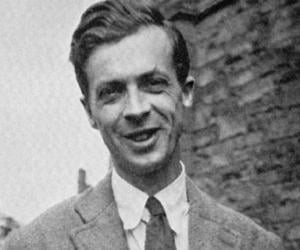
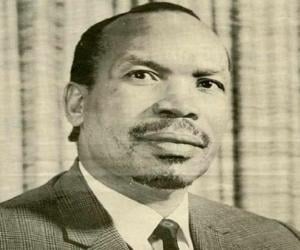
The son of a soldier and intelligence officer, Rory Stewart was educated at Eton and Oxford and was also a tutor to princes William and Harry. Apart from being a diplomat and MP later, he also traveled across several countries on foot and wrote about this remarkable journey in a bestselling book.
Born to a British civil servant in British India, William Beveridge was educated at Oxford. While he initially excelled in math and classics, he later studied law. A leading economist, he created the Beveridge Report, which formulated the welfare state policies in the U.K. after World War II.
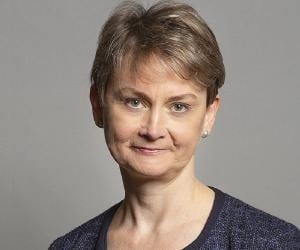
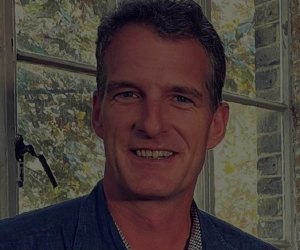
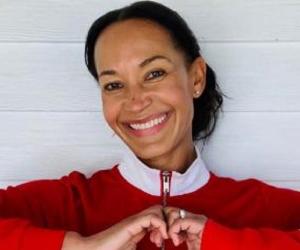
Noted British economist Sir John Hicks, counted among the leading economists of the twentieth century, made significant contributions to general equilibrium theory and welfare theory for which he jointly received the Nobel Memorial Prize in Economic Sciences. His book Value and Capital is regarded as a classic exposition of microeconomic theory and includes extension of general equilibrium theory.
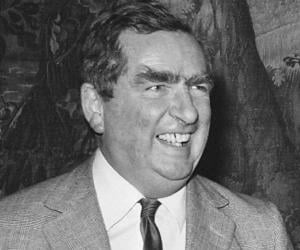
The current Prime Minister of the United Kingdom, Boris Johnson has been active in politics for over two decades. Prior to joining politics, he worked as a journalist. His supporters hail him for unconventional image and sense of humor while his detractors criticize him for being “ruthless, elitist, and biased".
Daughter of publishing tycoon, late Robert Maxwell, Ghislaine Maxwell is a socialite infamous for her involvement with the convicted sex offender, Jeffrey Epstein. Charged with sex trafficking of minor girls, she is under investigation by the US Virgin Islands Department of Justice.
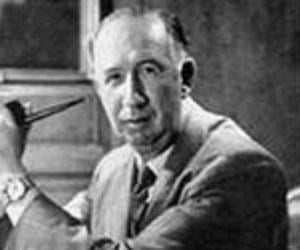
British-Australian novelist Nevil Shute was also an aeronautical engineer and had fought in World War I. Of the 25 books he had penned throughout his lifetime, On the Beach remains one of the most notable. Most of his works reflected his cynicism regarding humanity in a war-ravaged society.

Philosopher J. L. Austin is remembered for his study on ordinary-language philosophy and is also considered a pioneer of the theory of speech acts. His lectures at Harvard were later collected in How to Do Things with Words. He died of cancer while developing a theory on sound symbolism.
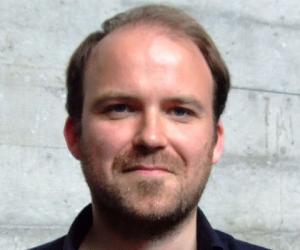
Olivier Award-winning Shakespearean theater actor Rory Kinnear is best known as MI6 agent Bill Tanner James Bond films such as Quantum of Solace and Skyfall. The son of actors Roy Kinnear and Carmel Cryan, he was never a stranger to showbiz. He also delivered an award-winning role in the series Penny Dreadful.
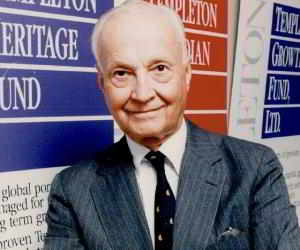
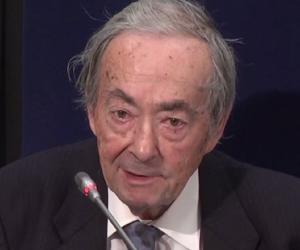
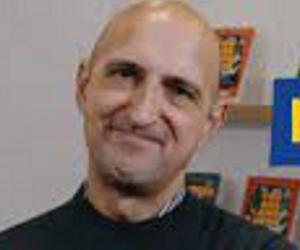
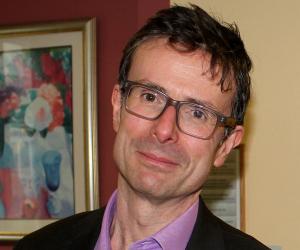
ITV News political editor and the host of Peston, journalist Robert Peston has also established the education non-profit Speakers for Schools. He has also worked for BBC and penned books such as WTF? and Who Runs Britain? He has also won numerous awards, including the RTS’s Journalist of the Year.
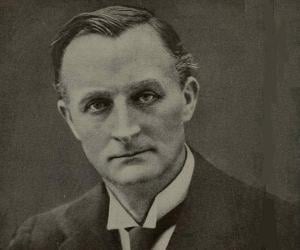
Sir Edward Grey spent a long 11-year stint as the British foreign secretary, the longest uninterrupted tenure anybody has had in the same post. He is known for his support of France in the Moroccan crises and his iconic “the lamps are going out” remark made to the Westminster Gazette.
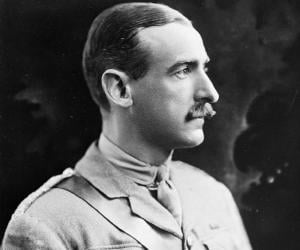
Adrian Carton de Wiart was a British Army officer who served in the Boer War, World War I, and World War II. He suffered several injuries during his service; he was shot in the face, ankle, leg, stomach, head, hip, and ear. He also lost vision in his left eye. He was honored with many awards, including the Victoria Cross.
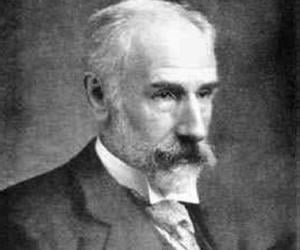
Francis Ysidro Edgeworth was an Anglo-Irish economist and statistician, known for his significant contributions to the methods of statistics. An autodidact in mathematics and economics, he imaginatively applied mathematics to the fields of economics and statistics, writing several books, including Mathematical Psychics, presenting new ideas on various topics like on the generalized utility function, the indifference curve etc. .
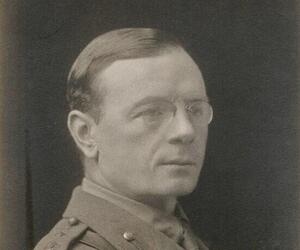
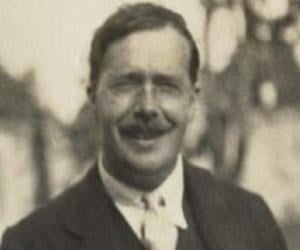
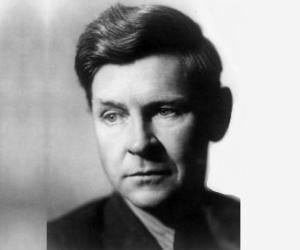
British philosopher and sci-fi author Olaf Stapledon had been part of the Friends’ ambulance unit during World War I and had also won the Croix de Guerre. He was initially gearing up for an academic career but stepped into full-time writing after his novel Last and First Men became a success.
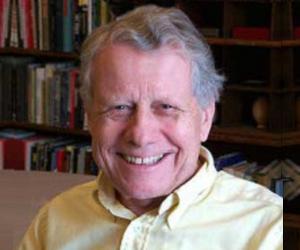
Hailed by many as the founding father of 21st-century sociology, Charles Tilly was not only a revered sociologist, but also an influential political scientist and historian. Considered a major figure in the development of historical sociology, he published numerous books, monographs and scholarly articles, providing an insight into urban sociology, European nation-state formation, democracy, social movements, labor, and categorical inequalities
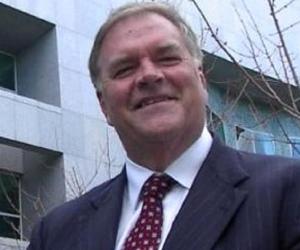
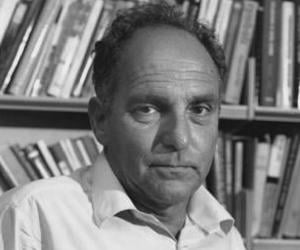
Ernest Gellner was a British-Czech philosopher and social anthropologist who was considered one of the leading theoreticians on nationalism. A prolific author, he was able to attract critical attention with his very first book, Words and Things, in which he fiercely attacked what he called linguistic philosophy. He eventually developed an interest in social anthropology, before turning his attention to nationalism.
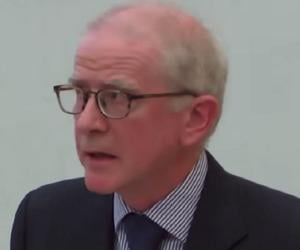
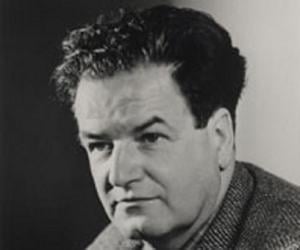
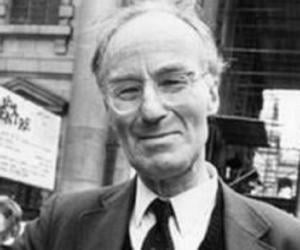
Peter Benenson was a British human rights activist and lawyer. He is credited with establishing the popular human rights group and an international non-governmental organization Amnesty International (AI). In 2001, Peter Benenson agreed to receive the prestigious Pride of Britain Award after refusing to accept all honors throughout his career.
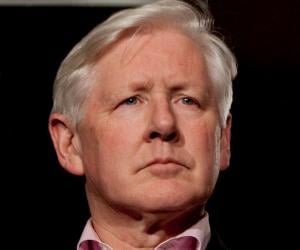
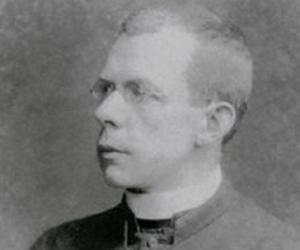

British jurist A. V. Dicey is best known for his Introduction to the Study of the Law of the Constitution, which forms the basis of the modern British constitution. Apart from teaching law at Oxford, he also served as the principal of the Working Men’s College of London.

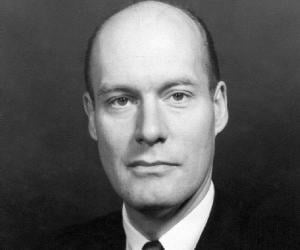
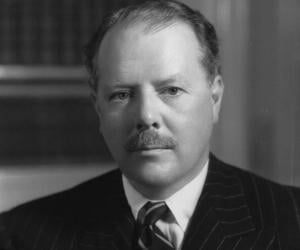
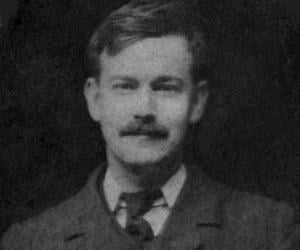
English economic historian, Christian socialist, ethical socialist and social critic Richard Henry Tawney was also an advocate of adult education. He penned several books, including The Acquisitive Society (1920), Religion and the Rise of Capitalism (1926) and Equality (1931) that made him an influential historian, social critic and reformer of his time.
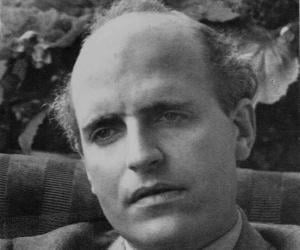
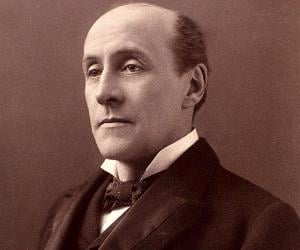
Best known for his iconic novel The Prisoner of Zenda, Anthony Hope specialized in cloak-and-sword romances and eventually created a separate genre, known as the Ruritanian romance, set in the mythical country of Ruritania. He was also knighted for his achievements but eventually succumbed to throat cancer.
